Castle Ward
If you’ve ever fancied yourself as young Jon, Bran, Robb or Arya, you could do worse than try your archery skills at the reconstructed Range on this National Trust estate. The farmyard was used as part of the Stark castle, Winterfell. Other areas were used for the Whispering Wood and the scene where Brienne encounters Stark soldiers. The mansion itself was built in the 18th century and has an intriguing double aspect. One side looks like a standard Georgian mansion, the other a traditional medieval style tower. The reason for this? The 1st Viscount Bangor, Bernard Ward, disagreed with his wife Anne about how to build the house. If you’re keen on practising your archery skills, you will need to book this activity in advance.
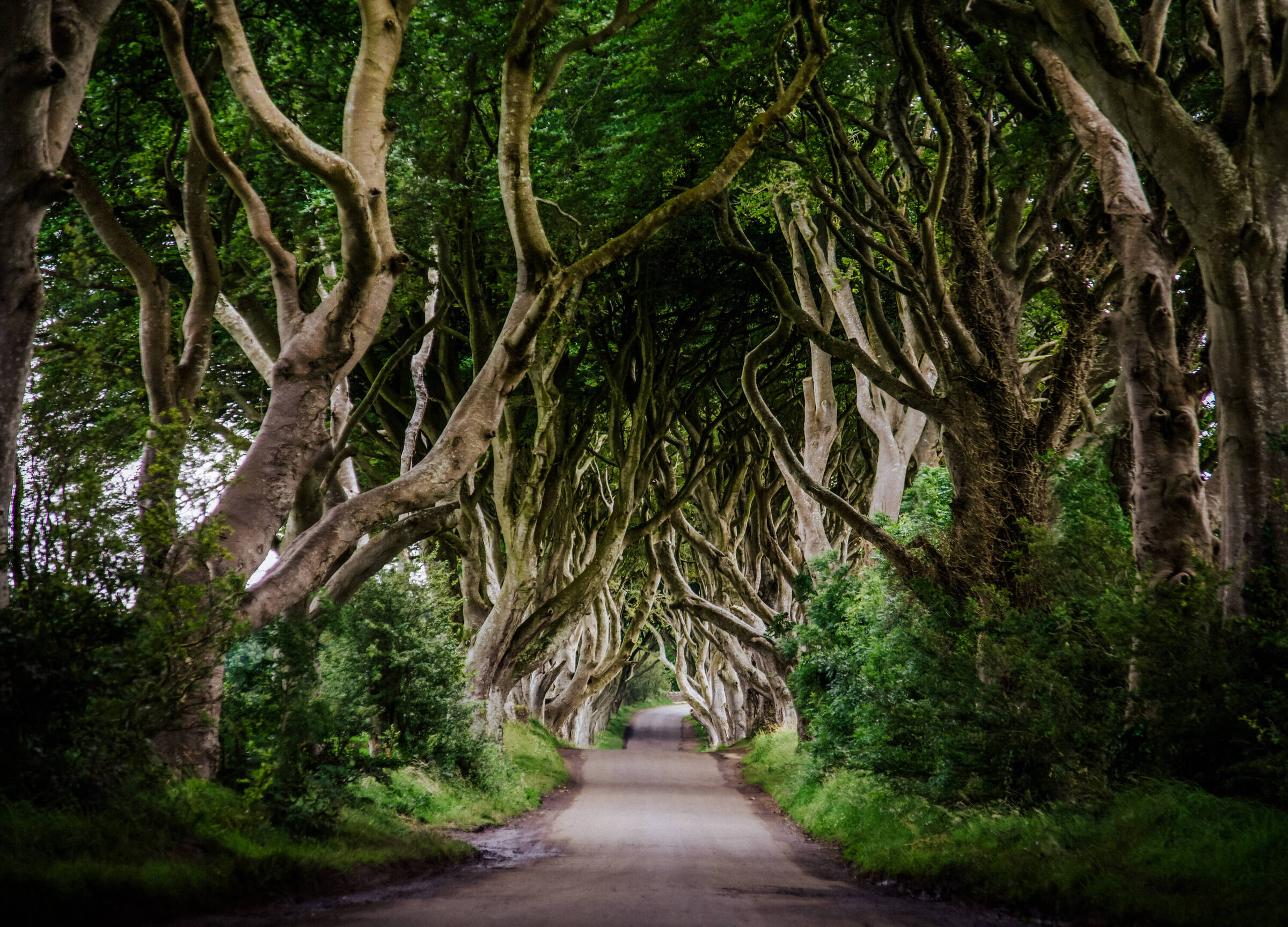
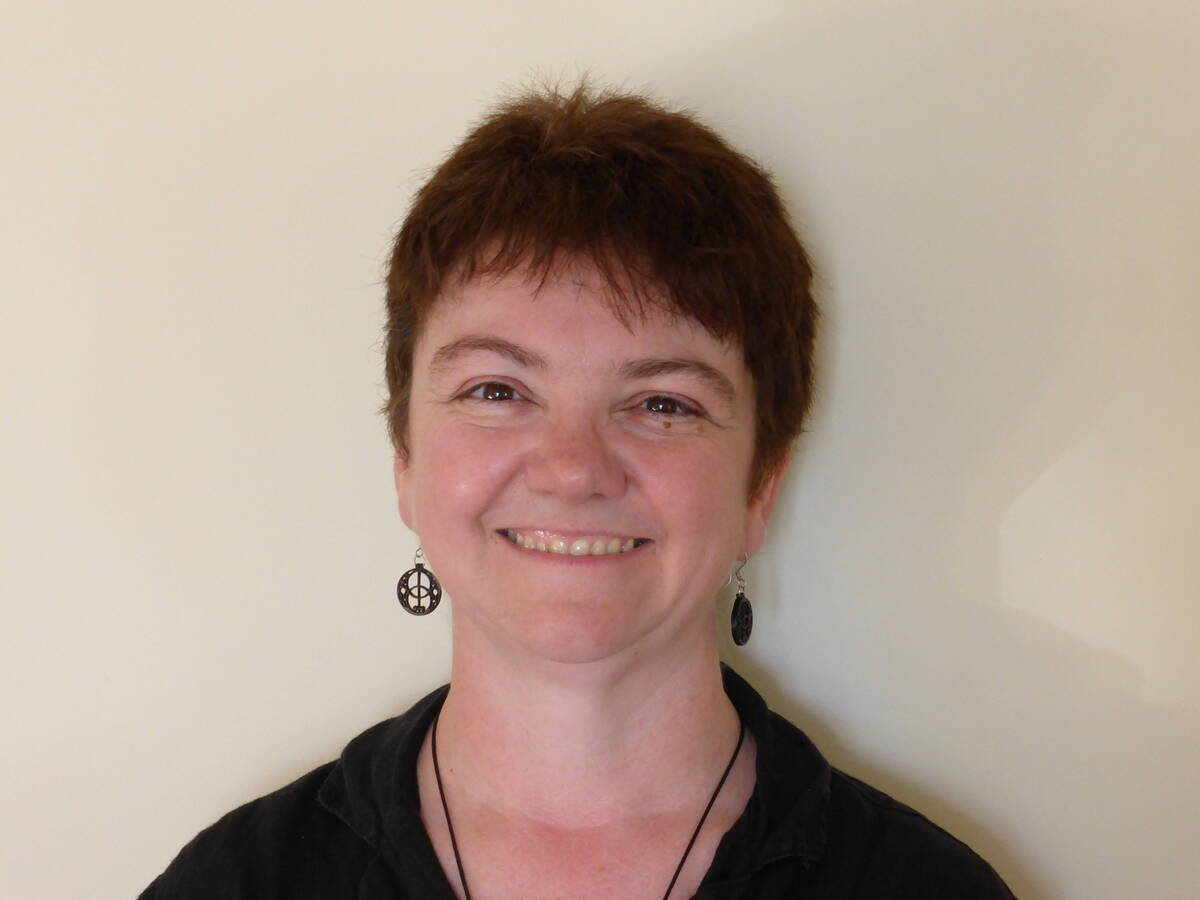
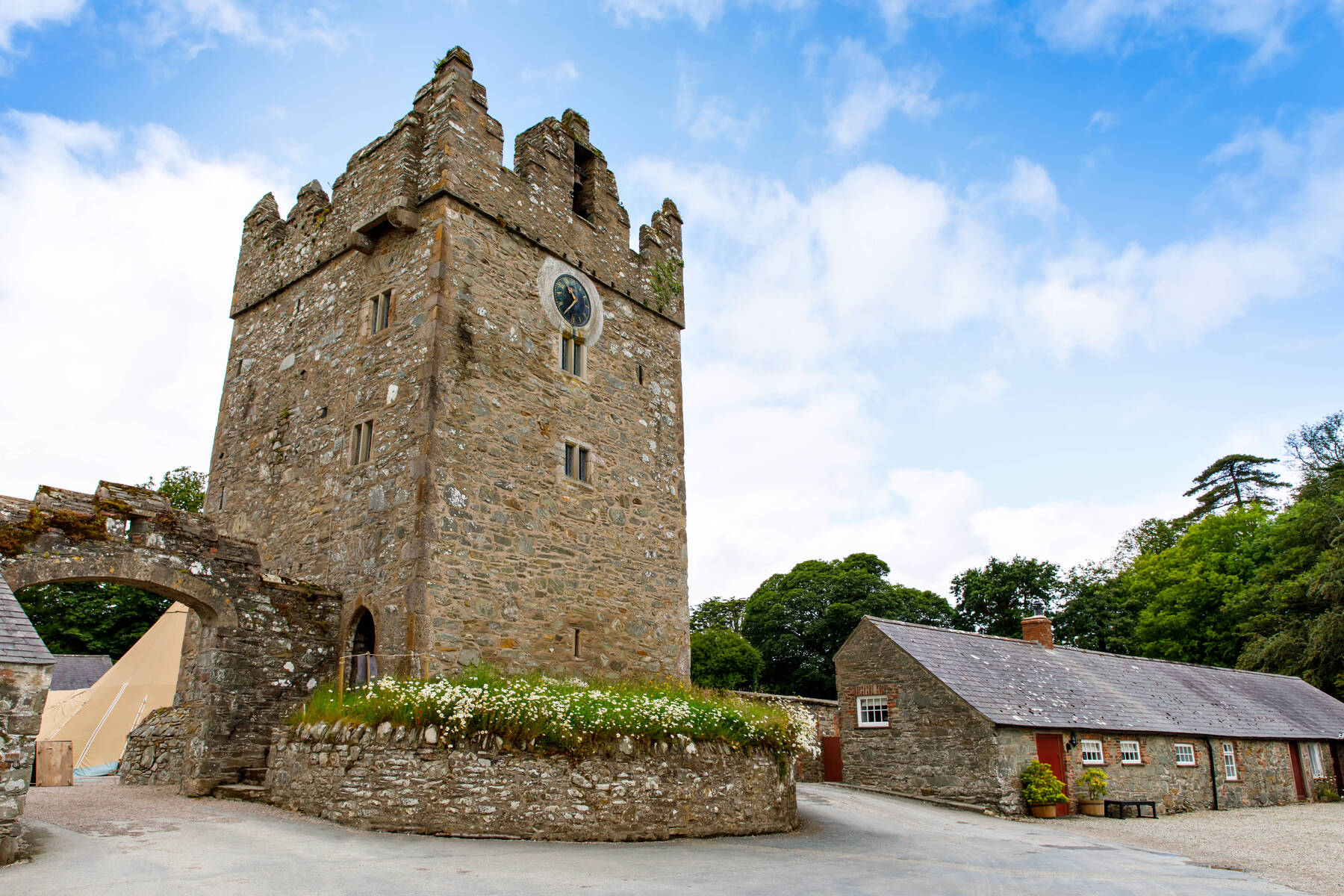
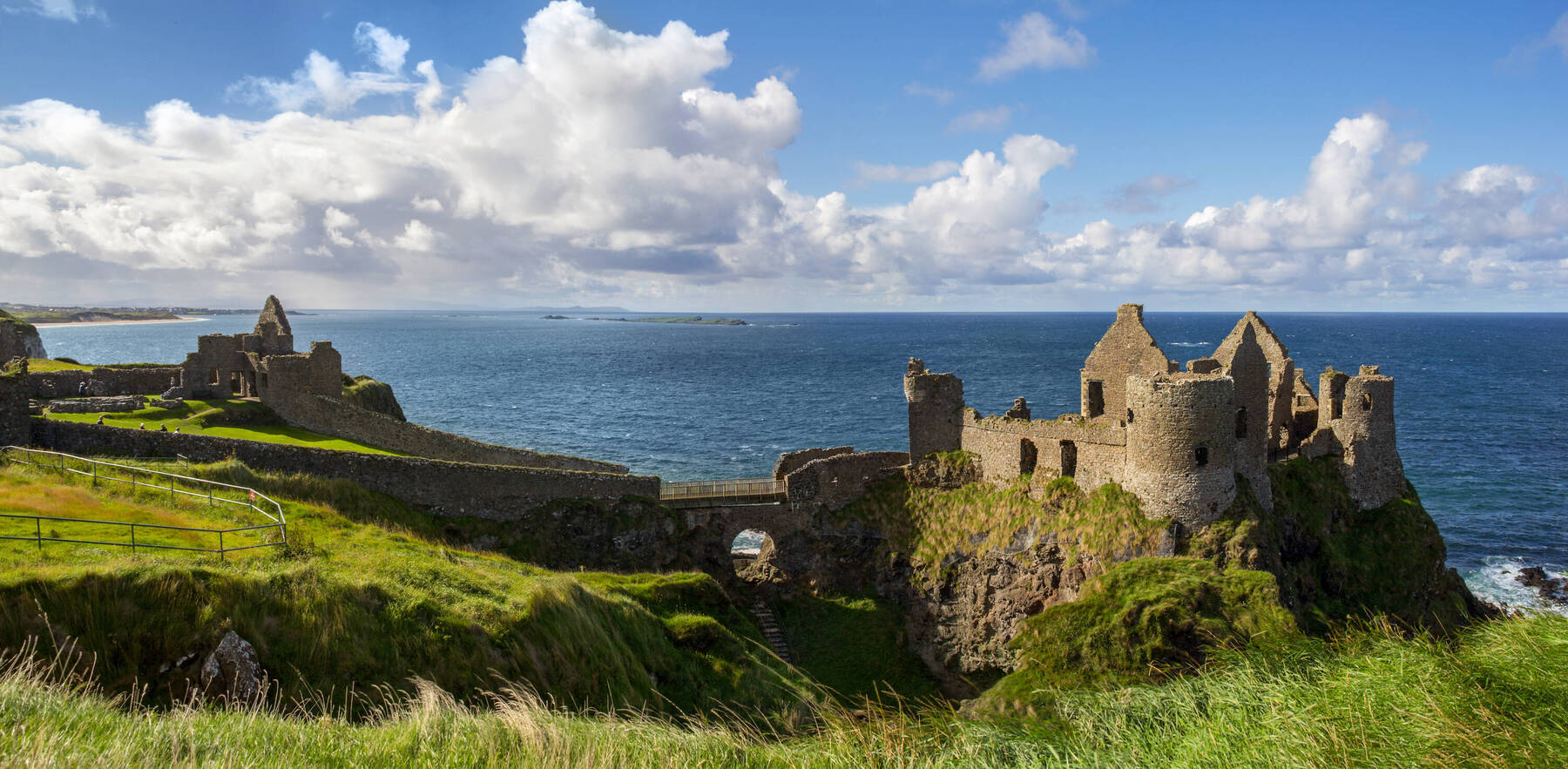
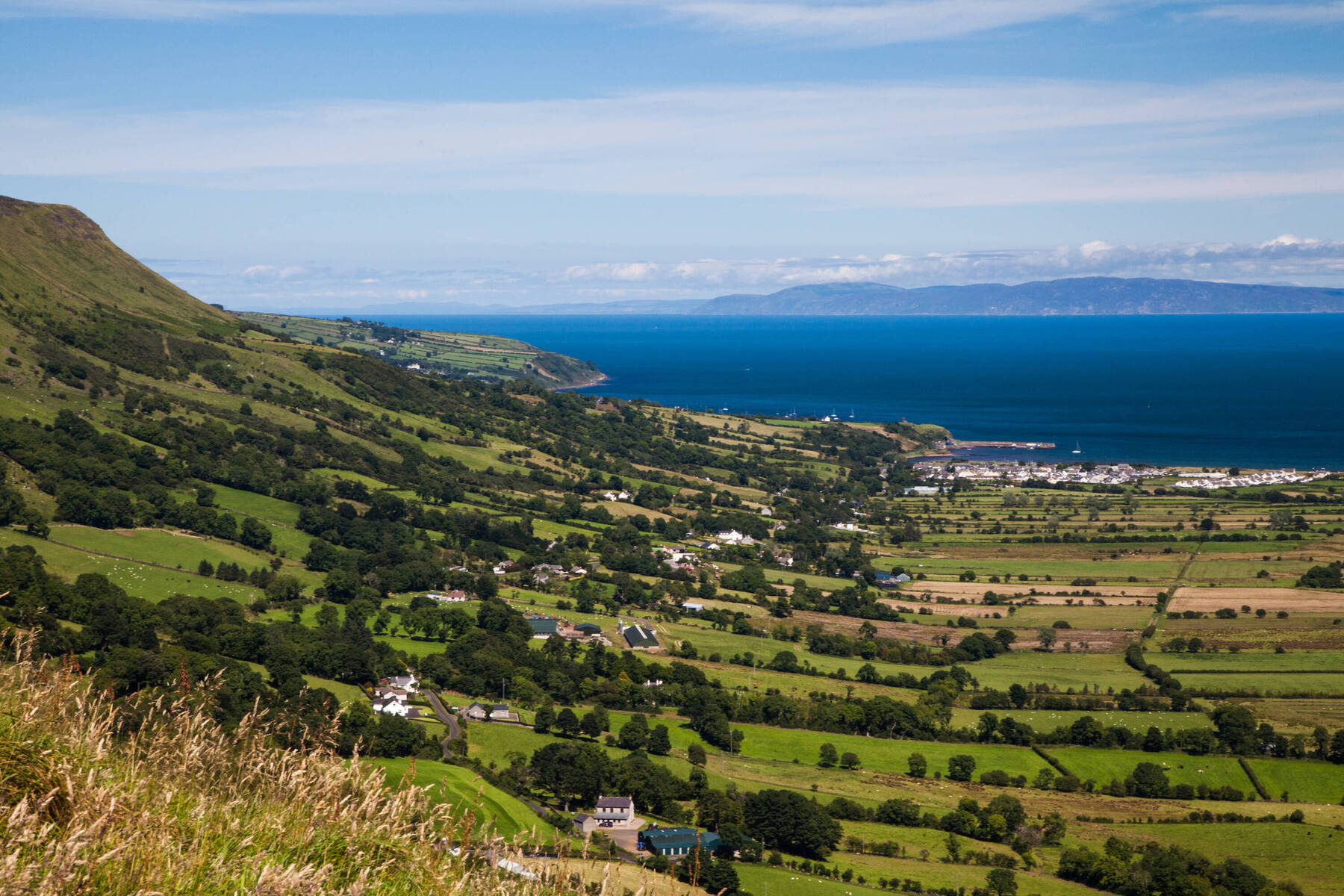
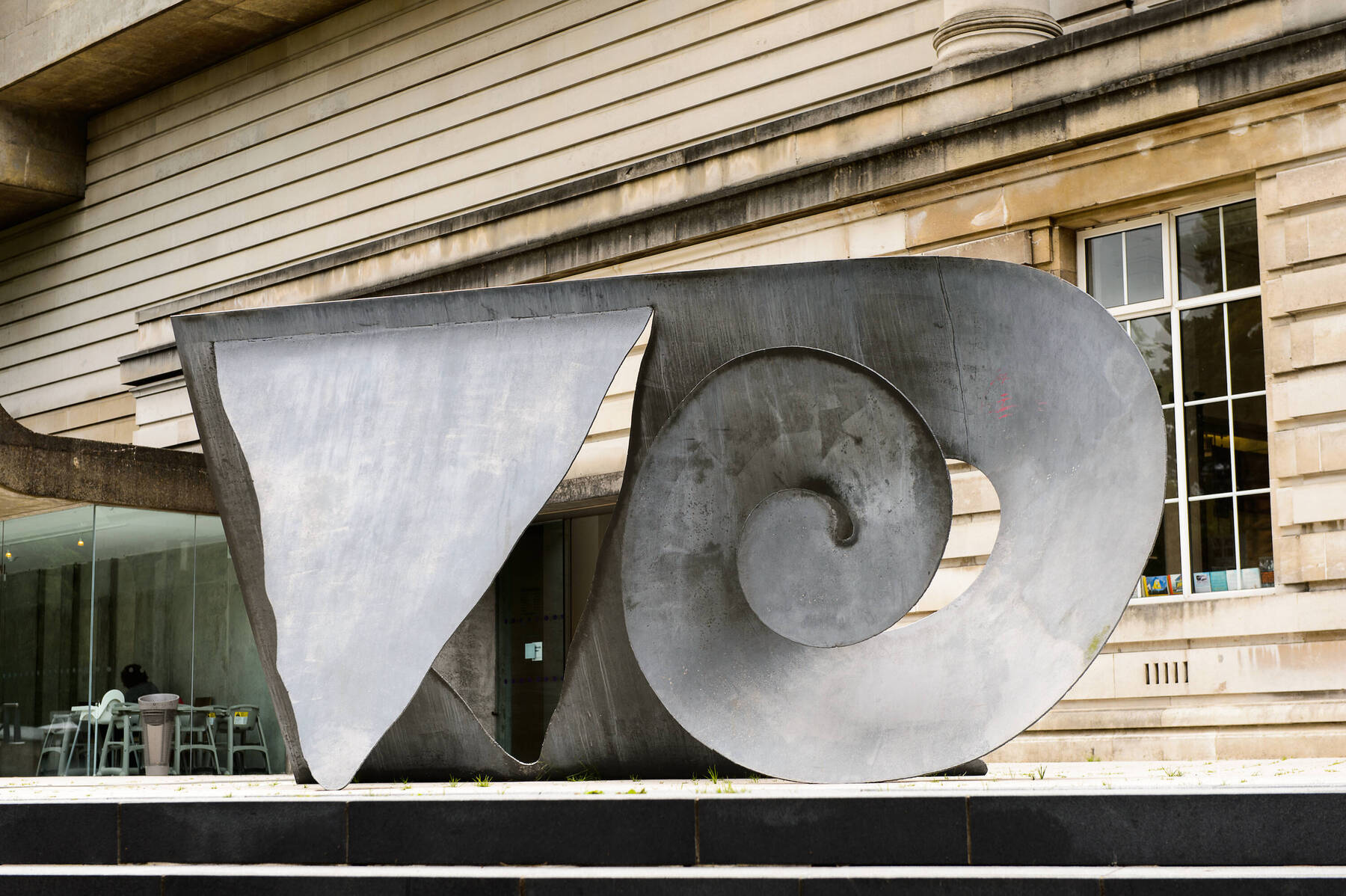
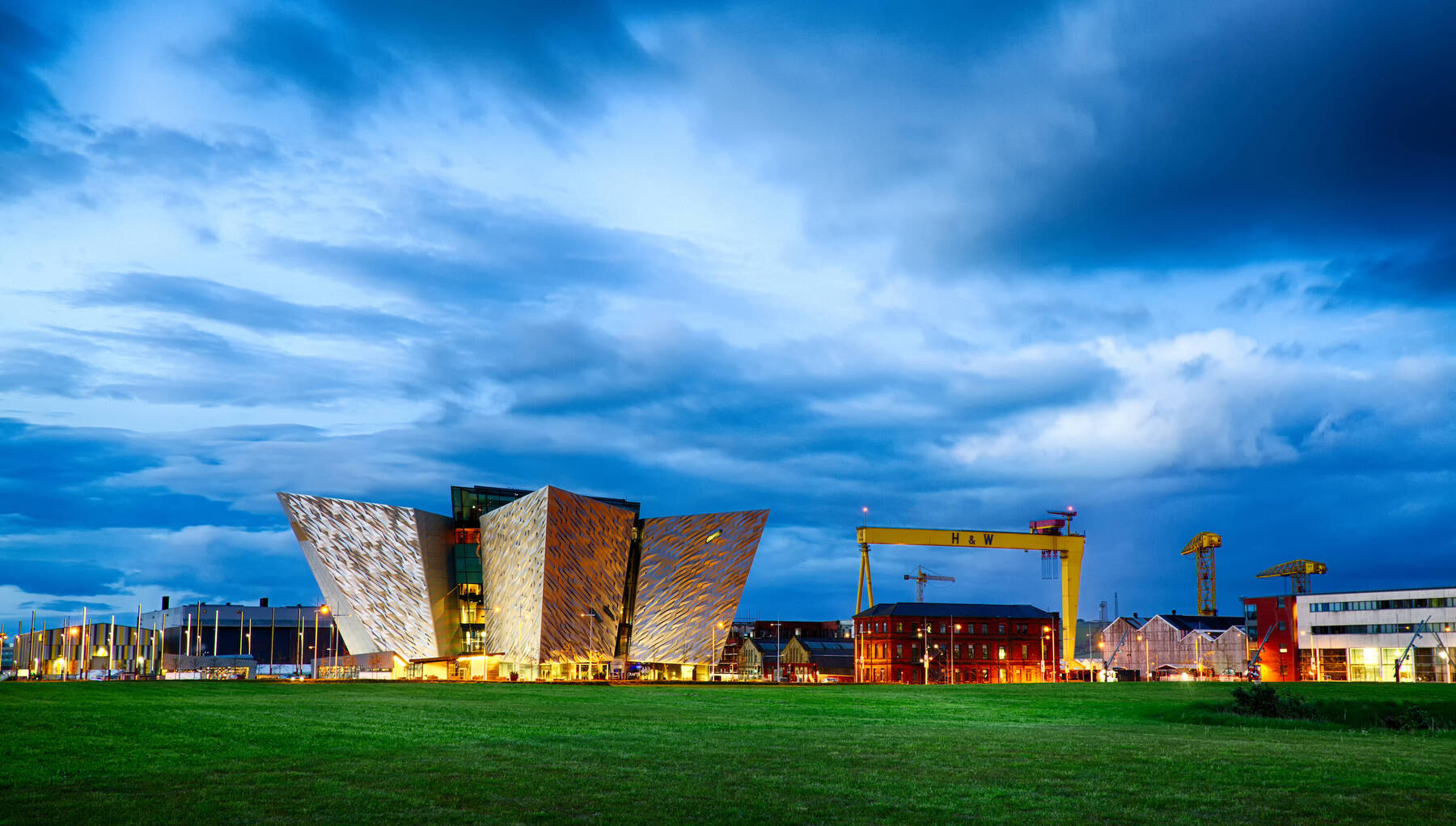
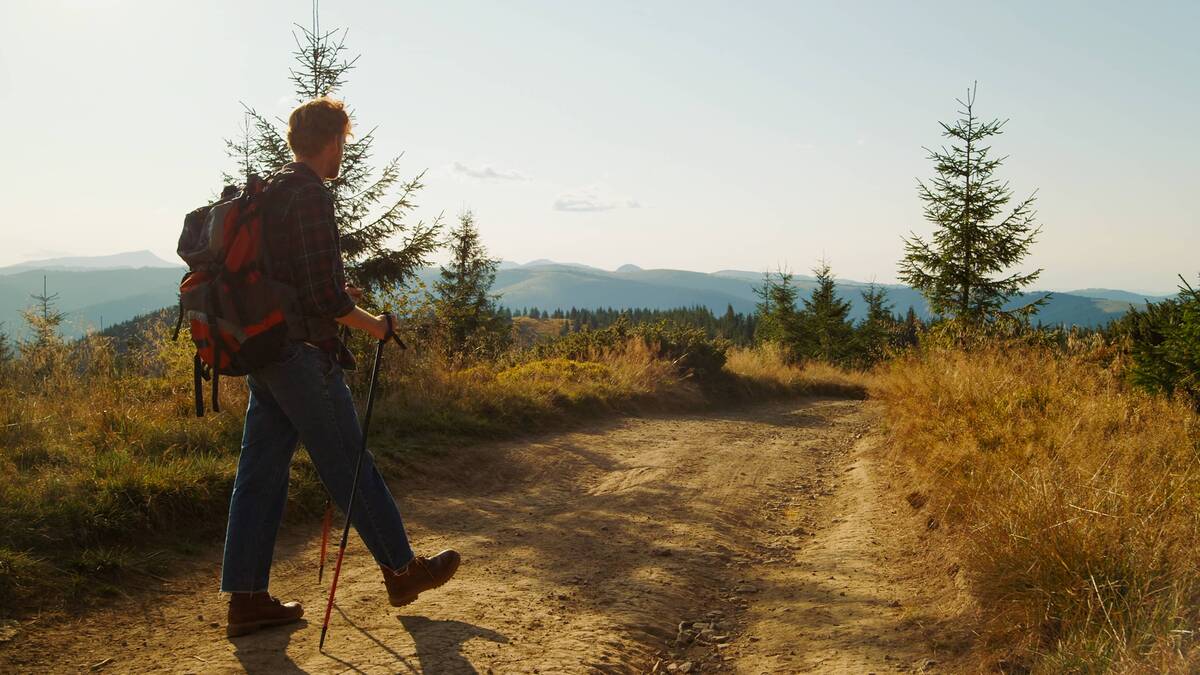
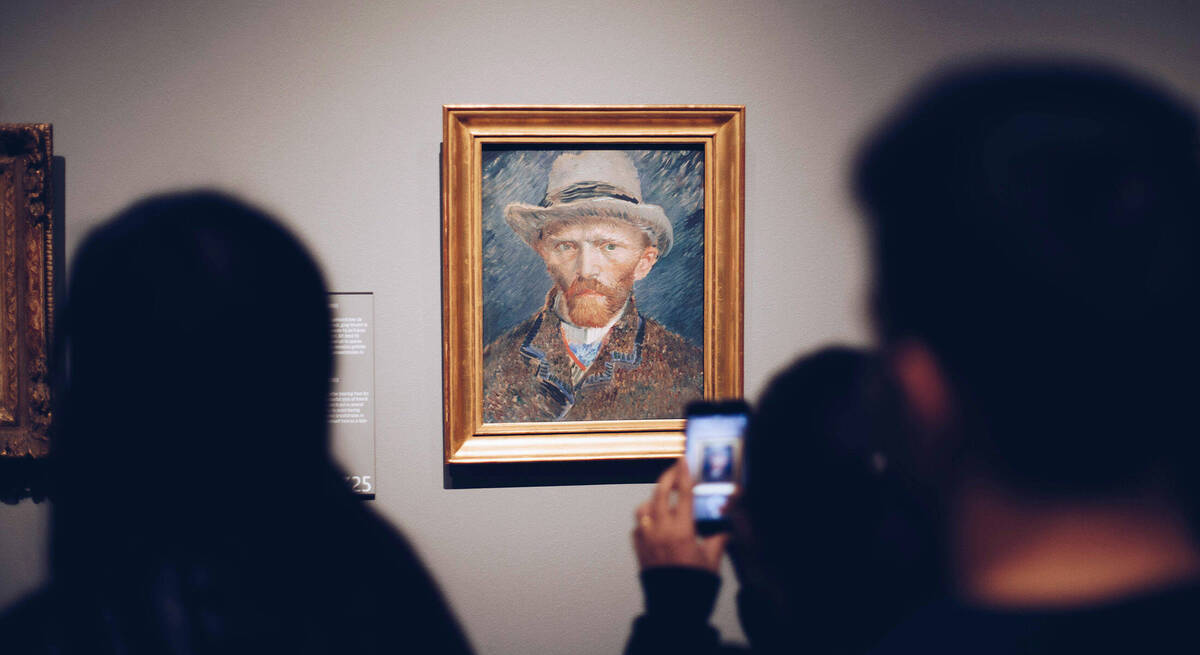














Comments